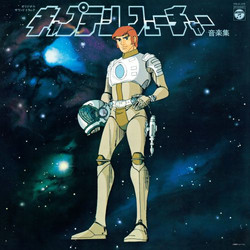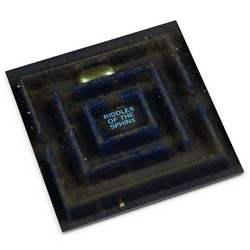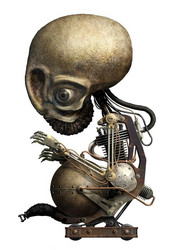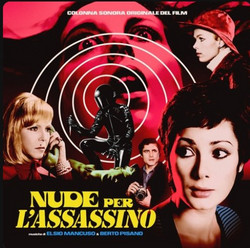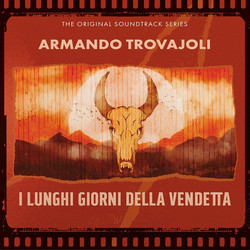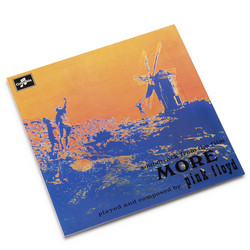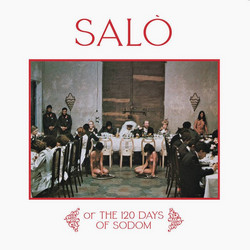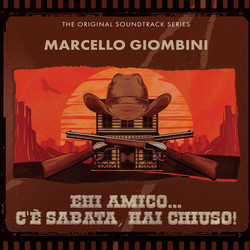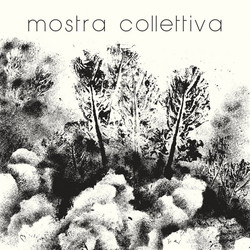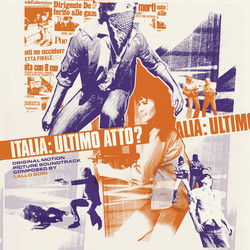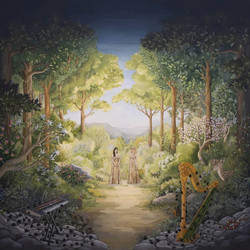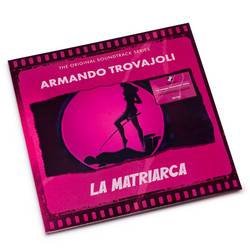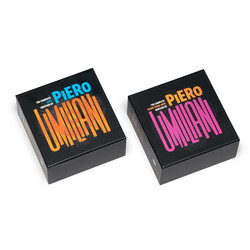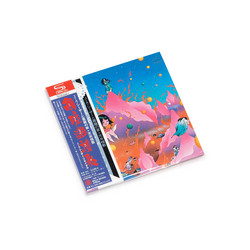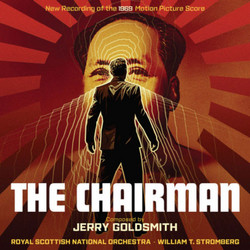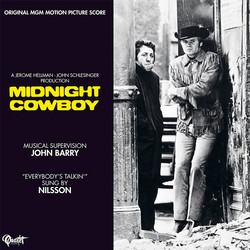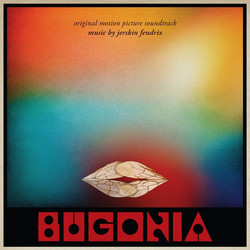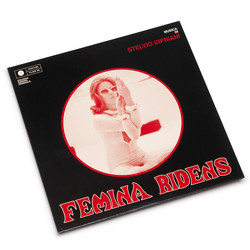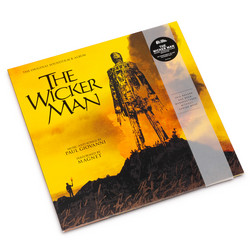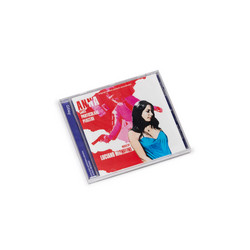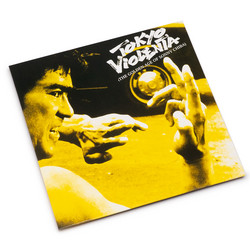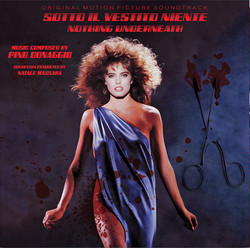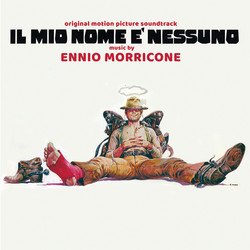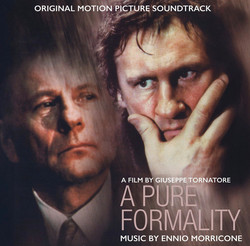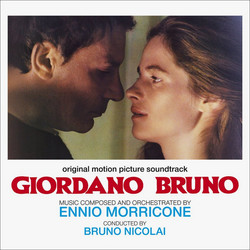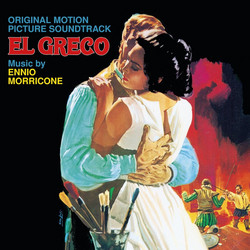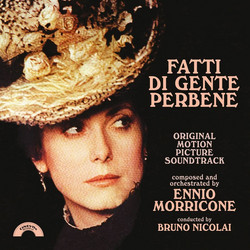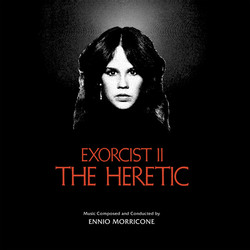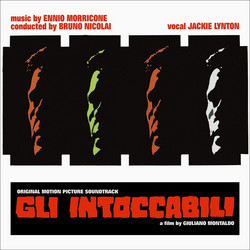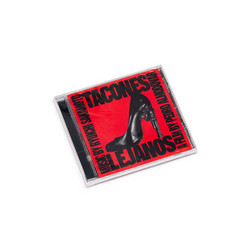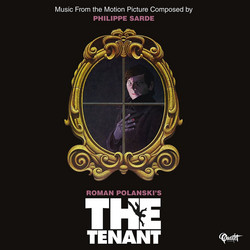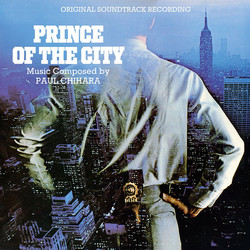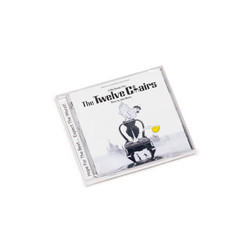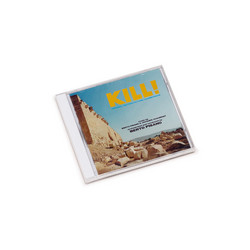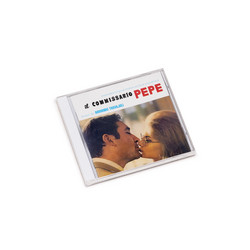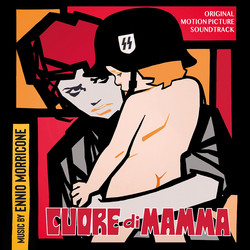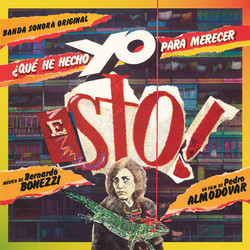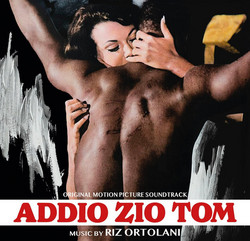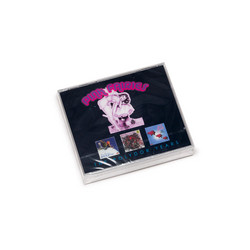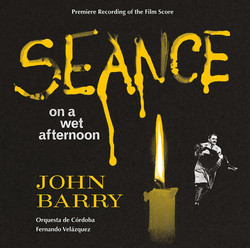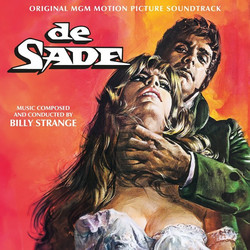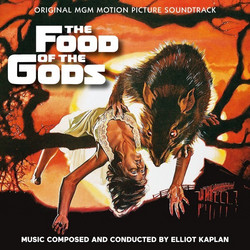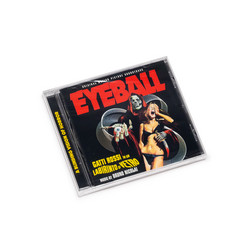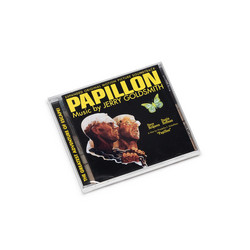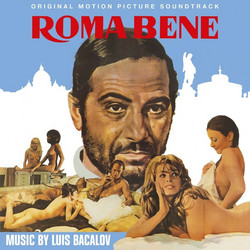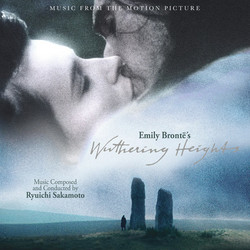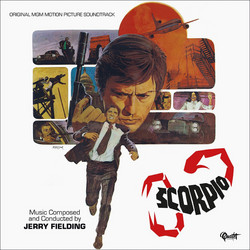Ennio Morricone
La Disubbidienza
Composed in 1981 for Aldo Lado’s film of the same name, La Disubbidienza finds Ennio Morricone navigating the psychological terrain between moral duty and sensual rebellion. The story’s emotional temperature—oscillating between guilt, temptation, and revelation—is mirrored in a score of remarkable economy. Rather than the vast, cinematic orchestration typical of his Westerns or historical dramas, Morricone opts here for a restrained palette: woodwinds, muted strings, and discreet electronics trace delicate lines of unease. At the heart of the soundtrack lies a sense of internal conflict more than external drama. The themes unfold with a languid pace, exploring silences as much as melody. The oboe—one of Morricone’s most expressive instruments—takes on the role of confessor, echoing the protagonist’s quiet anguish. Behind it, soft string suspensions and tremolos blur the emotional contour, while piano and harp accents bring fragile moments of tenderness. This is music that does not seek catharsis; it lingers in ambiguity. The disobedience suggested by the title feels emotional rather than political—a refusal to fit within expected structures of both morality and tonality.
In pieces like Morire e viverti and Il colore dei suoi occhi, Morricone builds intimacy through subtle dissonances, melding lyrical motifs with almost imperceptible rhythmic gestures. The result evokes not the grandeur of cinematic spectacle but the uneasy quiet of introspection. One senses the composer’s fascination with psychological detail—his ability to suggest turmoil through restraint. The sparse instrumentation recalls chamber textures while maintaining the tension of a full dramatic setting.
La Disubbidienza also reveals Morricone’s compositional discipline during a fertile period of experimentation in the early 1980s. Having already shaped the language of film music through both avant-garde collaborations and melodically iconic works, he here distills his approach to essentials. Each cue feels sculpted, every note proportioned to serve the film’s claustrophobic atmosphere. It’s a study in control—of form, tempo, and affect.
Listening today, beyond cinema’s frame, the soundtrack stands as one of Morricone’s most refined exercises in musical psychology. It bridges Romantic sentiment and modernist austerity, reflecting the composer’s lifelong duality between emotional immediacy and intellectual intrigue. La Disubbidienza is not merely a companion to Lado’s film but a self-contained meditation on forbidden desire and human fragility, rendered with the elegance of a composer who understood that silence can be as eloquent as sound.
